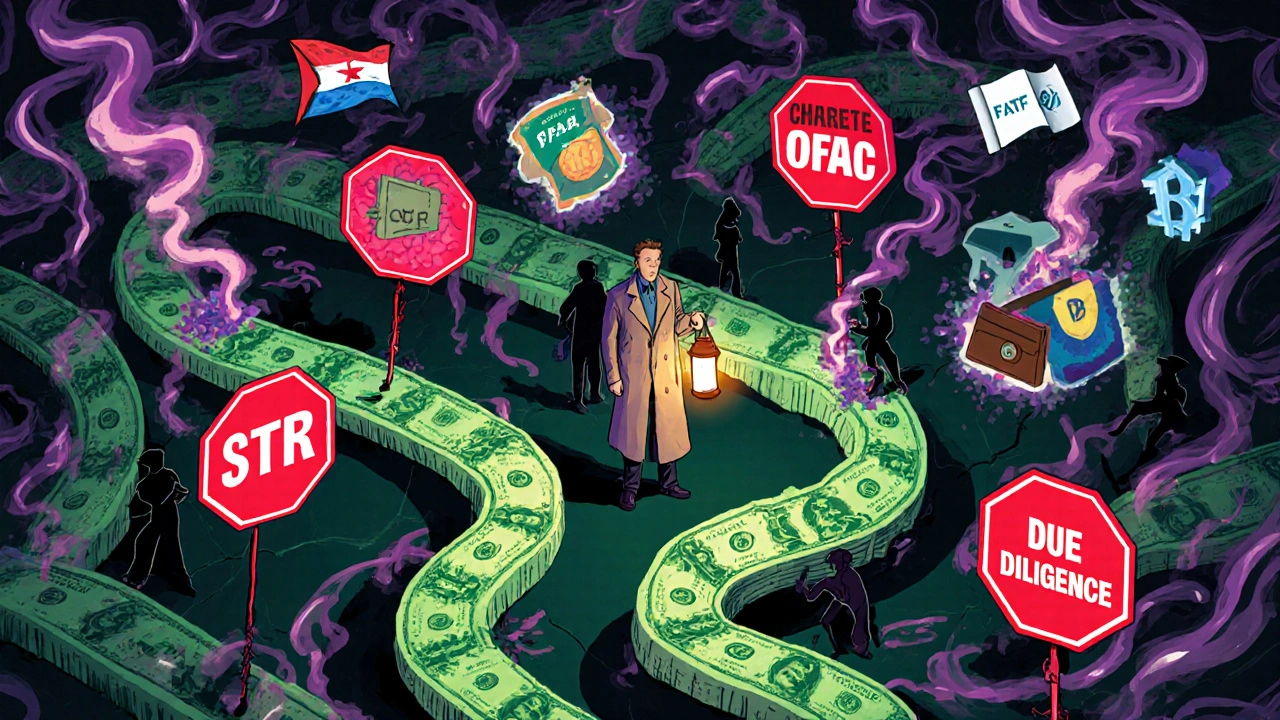AML/CFT: What It Is and Why It Matters for Your Money
When you sign up for a brokerage or use a fintech app to invest, you’re not just filling out a form—you’re entering a system built on AML/CFT, anti-money laundering and counter-financing of terrorism rules that financial institutions must follow to prevent crime. Also known as financial compliance, it’s the invisible backbone keeping your money safe from criminals, fraudsters, and terrorist networks. It’s not just about banks. It’s about every app, platform, and broker you trust with your data—and why some services take longer to verify you than others.
AML/CFT rules force companies to know who you are (KYC), track where your money comes from, and flag anything suspicious. That’s why you’re asked for your ID, Social Security number, or proof of address. It’s not bureaucracy—it’s protection. Without these checks, bad actors could use your account to hide stolen cash, fund illegal operations, or launder money through fake investments. And if a platform fails to follow these rules? It gets fined, shut down, or loses its license. That’s why you see AML/CFT mentioned in broker reviews, app onboarding flows, and even when you try to withdraw cash from a crypto exchange.
These rules also shape the tools you use. Fintech lenders that approve loans in minutes? They use AI to scan your transactions for red flags. Robo-advisors that auto-rebalance your portfolio? They log every deposit and withdrawal to meet audit trails. Even high-yield savings apps and corporate cards like Ramp or Brex have built-in AML/CFT filters because regulators demand it. If a platform skips these steps, it’s not faster—it’s risky. And you don’t want your money tied up in a frozen account because someone else’s transaction looked suspicious.
What you’ll find in these posts isn’t just theory. You’ll see real examples: how employer-funded wage access programs stay compliant, why cloud-based fintech platforms rely on automated compliance, and how mobile banking in emerging markets balances inclusion with regulation. You’ll learn how trust accounts, joint budgets, and retirement tools all connect to these same rules—and why ignoring them can cost you more than time.
